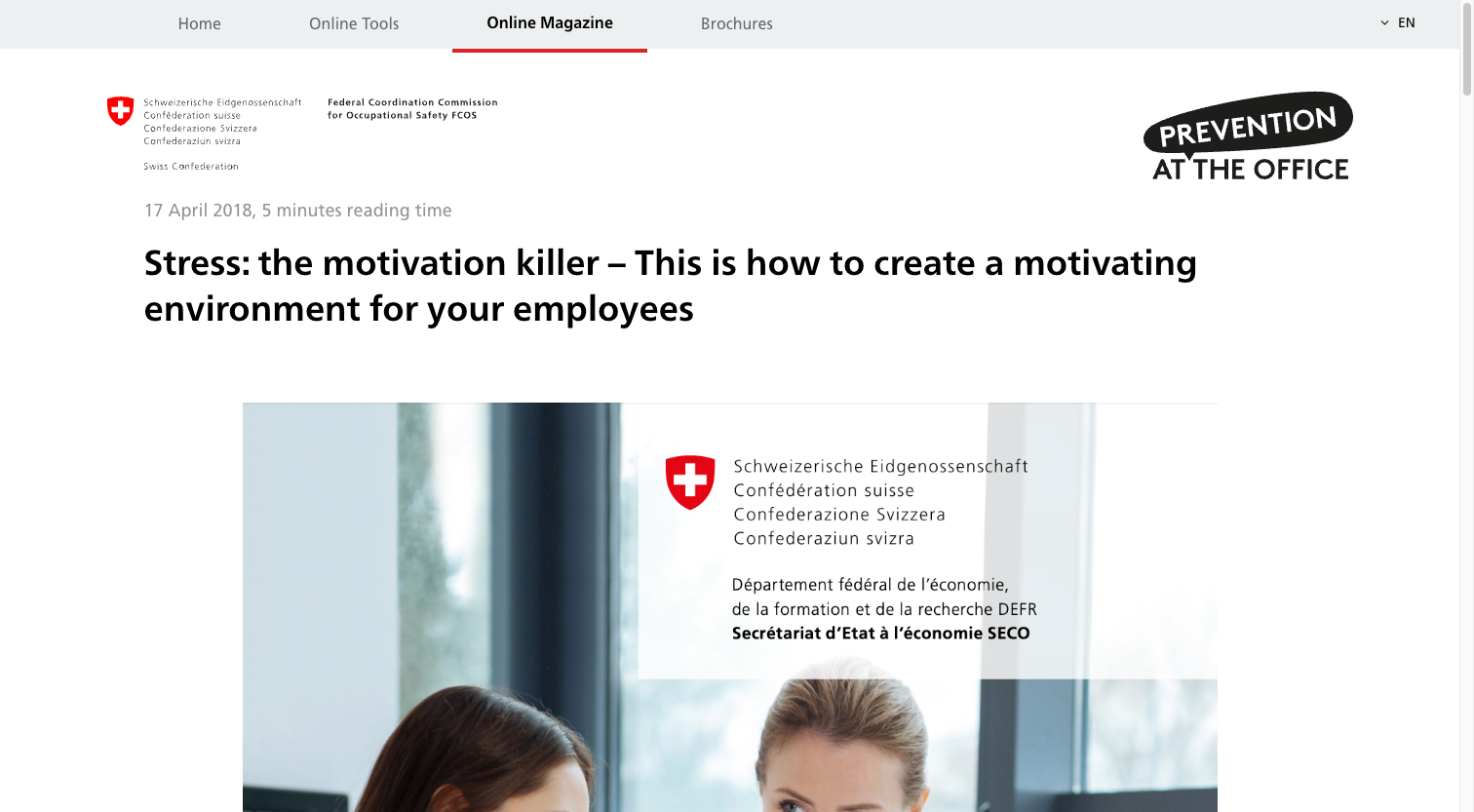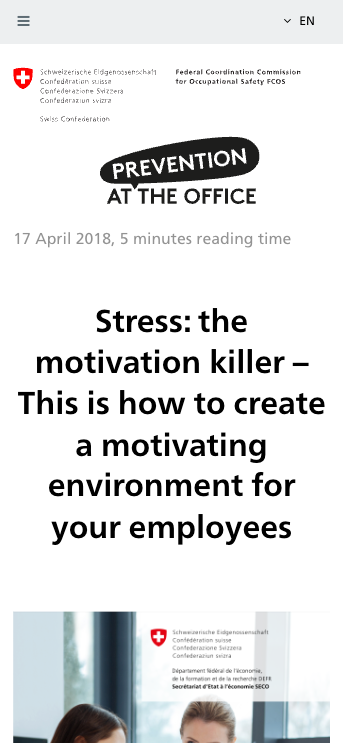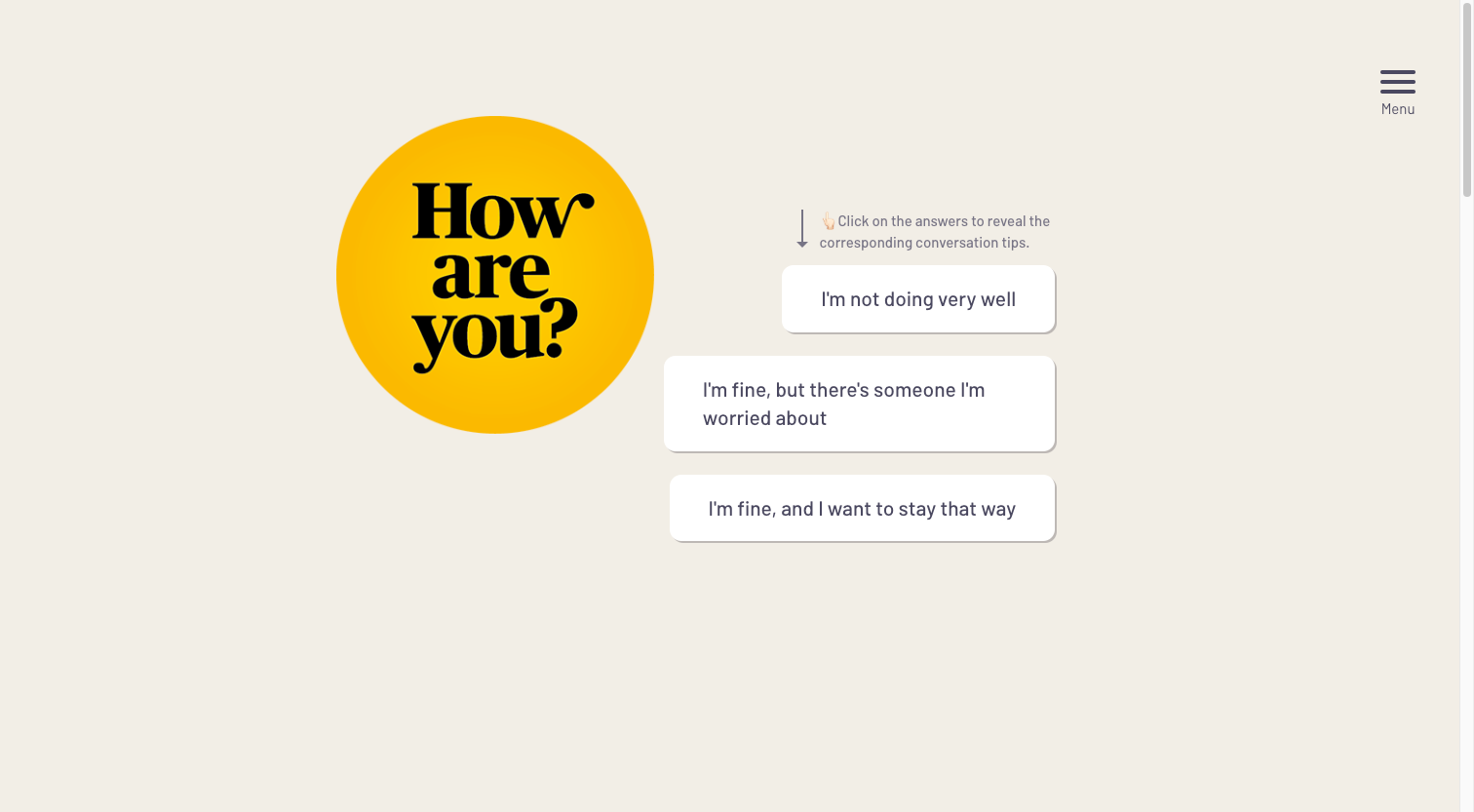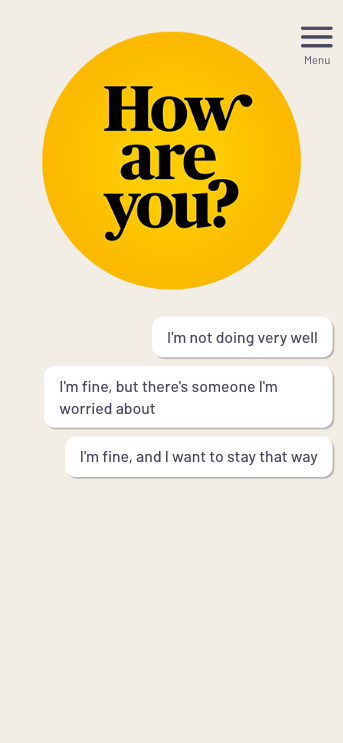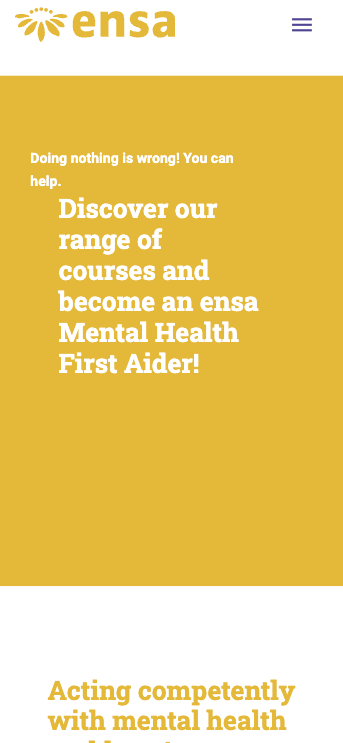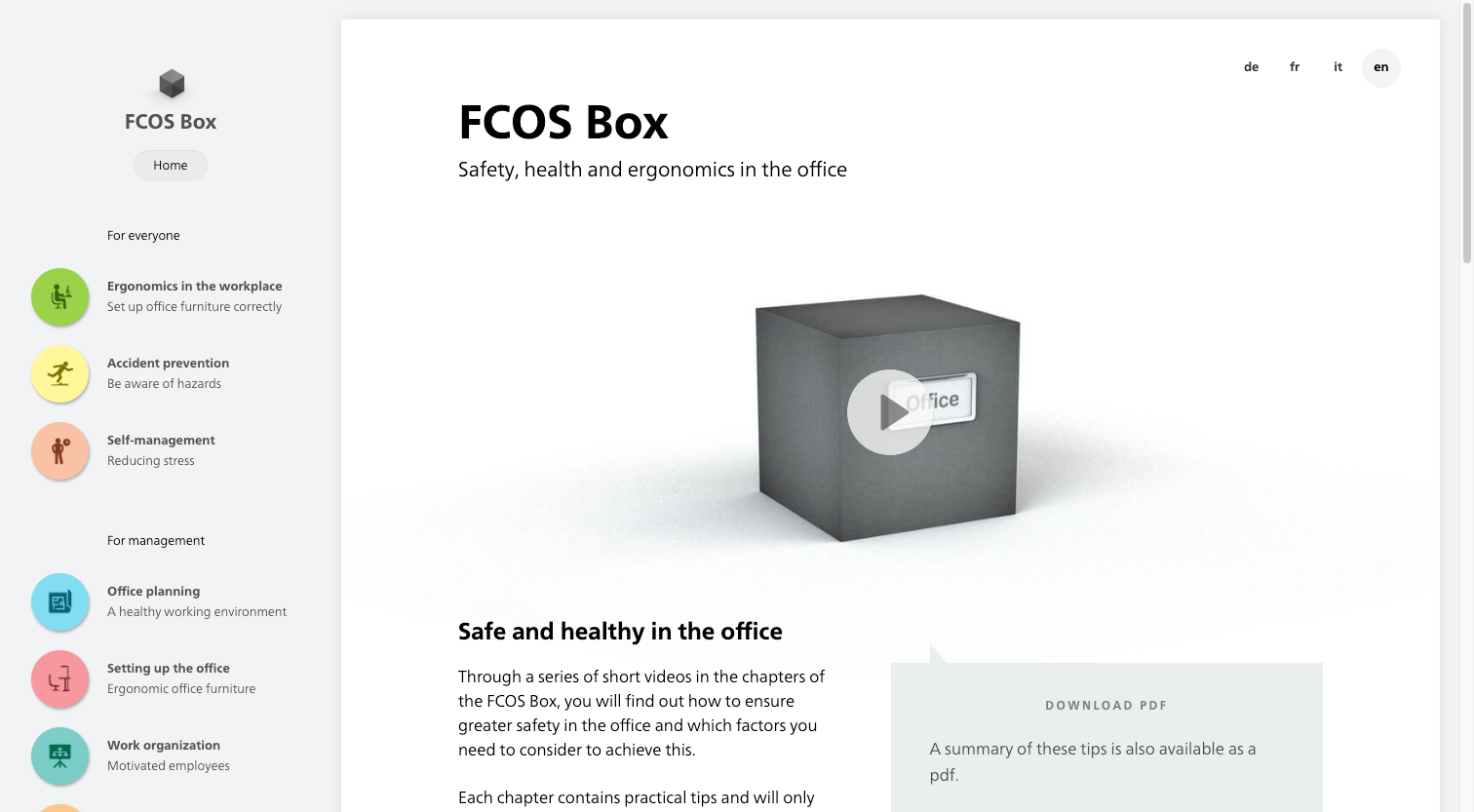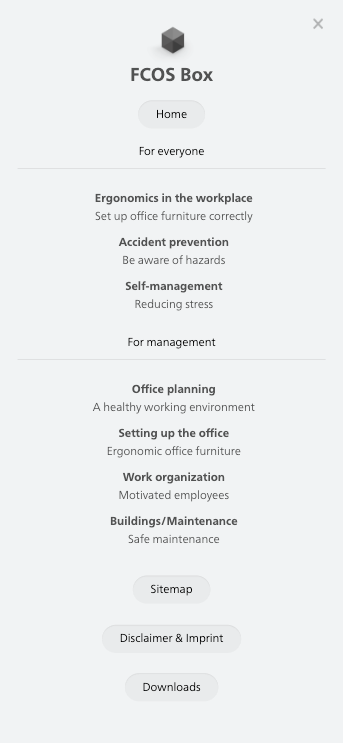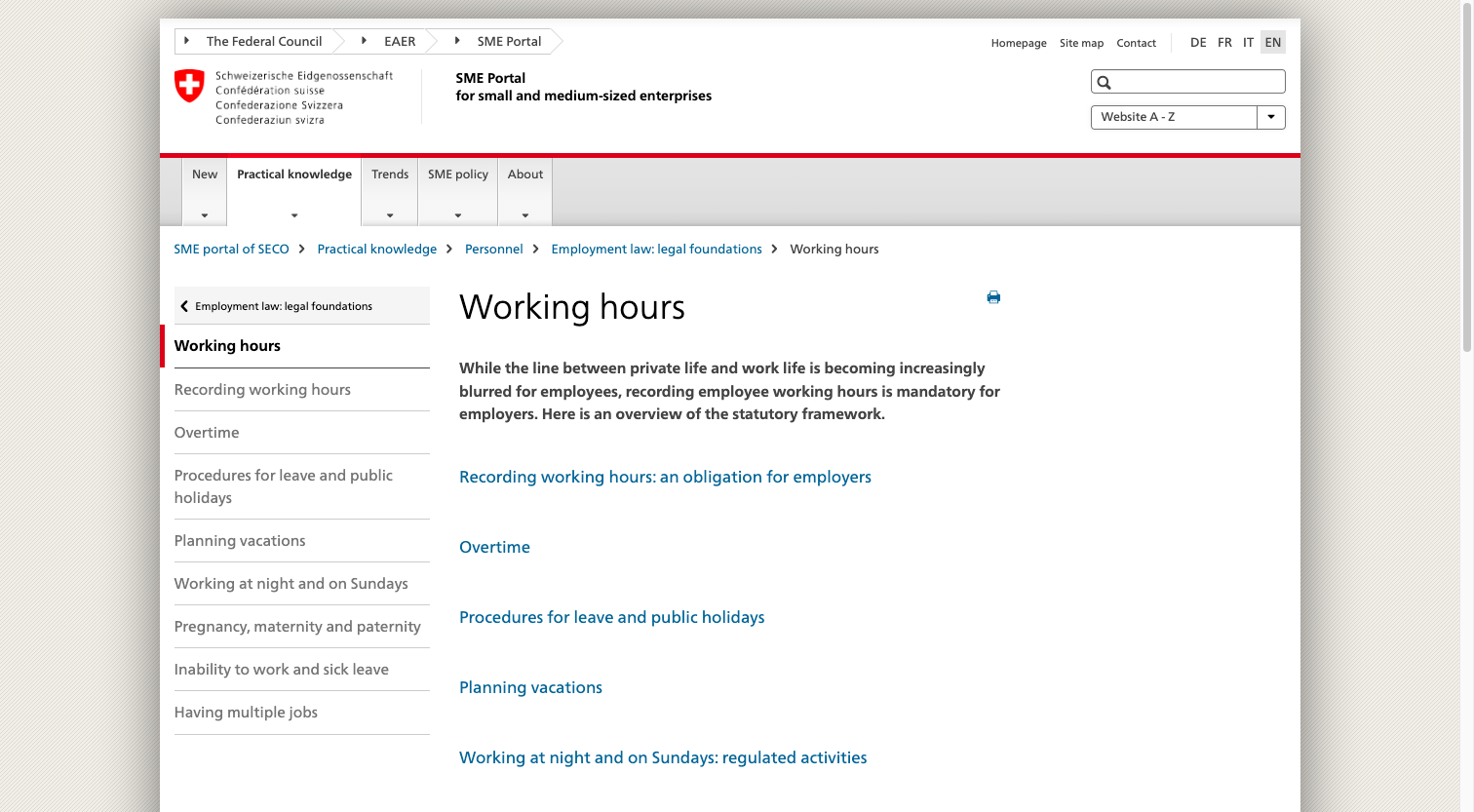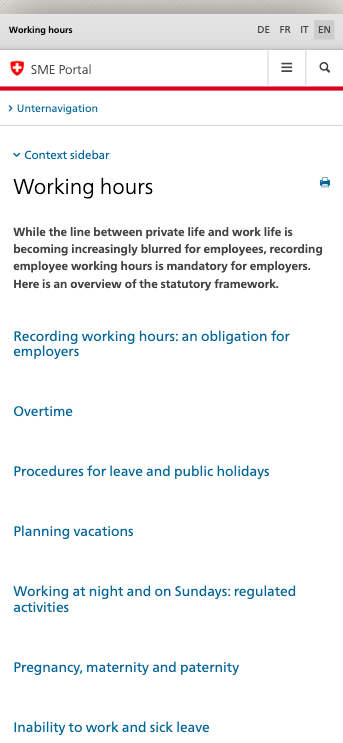Burnout
Burnout symptoms are widespread and must be taken seriously. They can take different forms and are as individual as we are as people. The causes also range from frequent overtime or stressful working hours such as shift work, weekend work or night shifts to a lack of life-domain balance to overwork and stress at work or in private life.
The term burnout is often used synonymously with the terms burnout depression, exhaustion depression or exhaustion syndrome. Burnout syndrome is a state of mental exhaustion that can be manifested by a loss of energy, increasing mental distance from work or negative feelings about the job – leading to reduced professional performance.
Burnout symptoms are often due to chronic stress at work and overwork. Affected people have the feeling of being burnt out over a long period of time and suffer from debilitating exhaustion.
The average time lost due to burnouts is not easy to determine because of the many individual factors involved. However, for mental illnesses in general, it has increased in recent years and is generally around one month in Switzerland.


Life-domain balance
Life-domain balance is colloquially known as work-life balance. However, this term is now considered misleading, as work is an integral part of life – not an antithesis. That is why we now speak of life-domain balance instead.
Signs of burnout
Many things can be a sign of a burnout syndrome, or a sign of a mental stress, disorder or illness. Those affected often distance themselves from their fellow human beings both professionally and privately. They may also suffer from physical complaints such as sleep disorders, breathing difficulties or dizziness.
In addition, burnout patients often have the impression that they do not receive enough recognition from superiors, make accusations against themselves and others, and become so embittered that, in addition to professional problems, this also puts a strain on their partnership or family. They may have the impression that they are not enough and increasingly show symptoms such as concentration problems, the inability to make decisions, lack of initiative and indifference.
Reduce stress, prevent burnouts
In order to prevent pressure and too high or too low professional stress from leading to psychological or psychosomatic effects such as burnout or bore-out, there are some good approaches to burnout prevention. These include, for example, modern working time models such as flexible working hours, annual working hours or flexitime. A life-domain balance for managers is also part of the possible range of measures.
If you would like to reduce stress at work for yourself and your company and ensure a healthy life-domain balance, the offers below will provide you with possible suggestions, information and assistance. The experience reports from our guide can be seen as a kind of "burnout coach", which supports you as a manager in your daily work and helps you to move forward.
